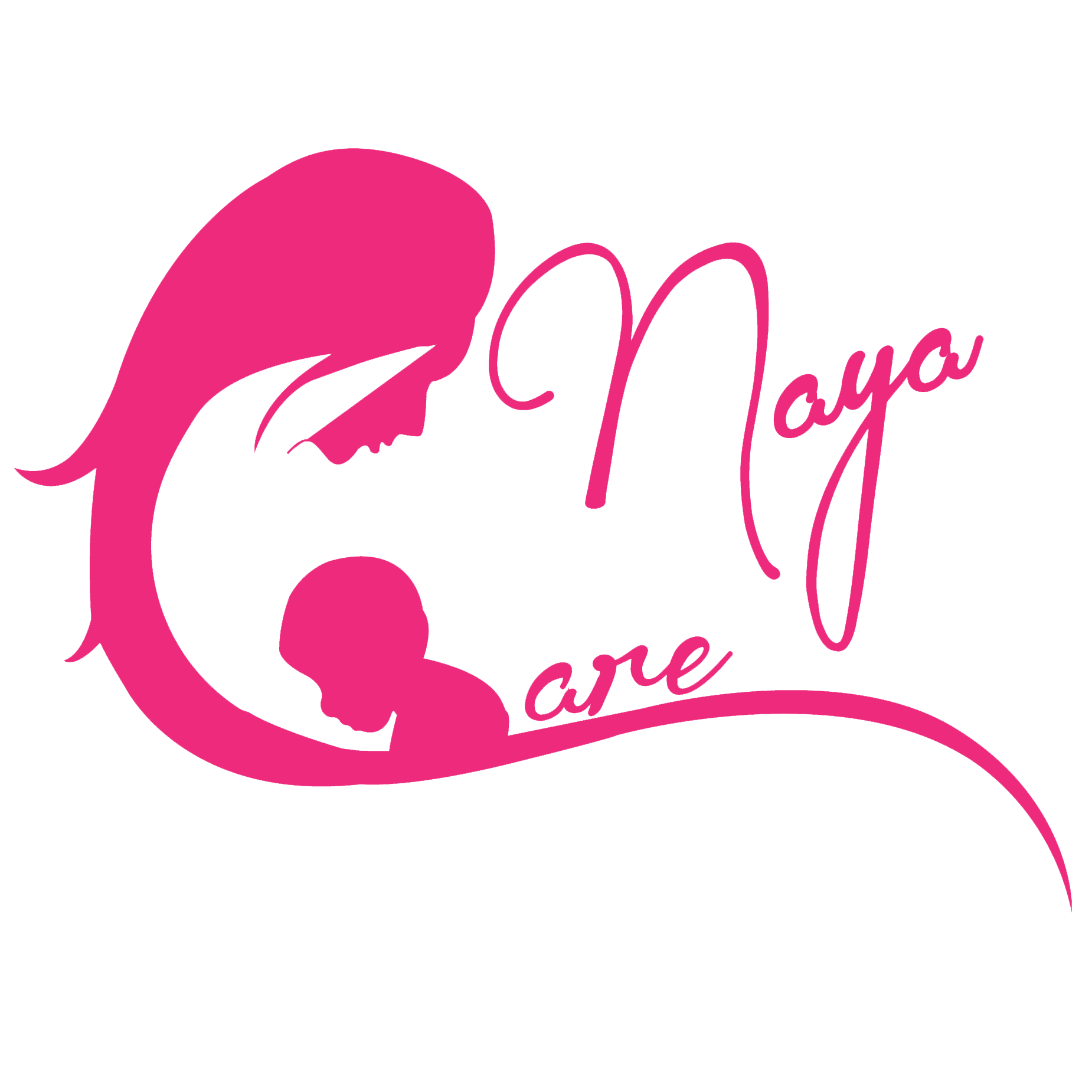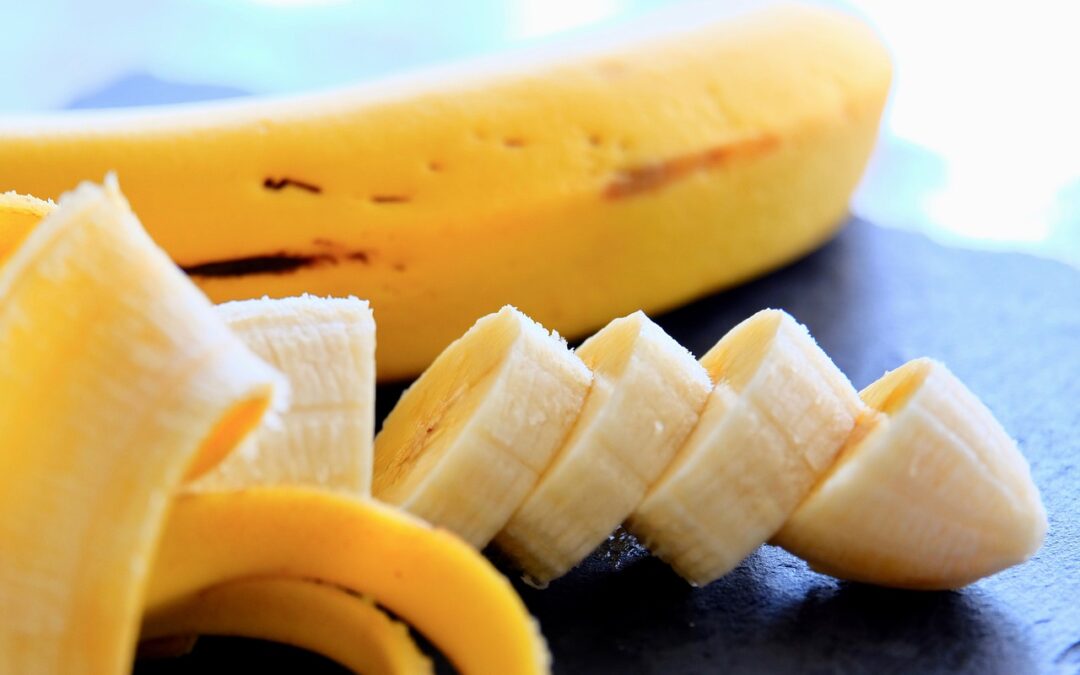My favorite first foods is part of the NayaCare series, The Pediatrician Meets the Nutritionist which provides a nutritionist and pediatrician perspective on introducing solid food into your baby’s diet.
Sonal Patel, MD, Pediatrician:
When we start introducing baby food, developmentally, we want babies to be sitting upright supported with good head and neck control. Most babies master this by 6 months. Other signs of readiness include interest in what parents are eating, reaching out for food, and opening their mouth once food is near.
“Food is fun until one (year).” This statement acknowledges that the nutrition coming from food does not replace any milk feeds (breast or formula). Therefore, take the stress out of feeding. Make it an opportunity to explore textures and tastes with your little one for the next 6 months. When starting, there is no schedule. However, it is easiest when you are eating as well. Subconsciously, this sets the idea of “family meals” as your little one grows.
Now, the debate over puree versus solids is just that– a debate. Foods that can be mashed up do not necessarily have to be fully pureed. For example, a ripe banana can be served with blending breastmilk/water or hand held. The general rule of thumb is start with what YOU feel comfortable with: puree, mashed, solid, bought or homemade.
The concept of baby led weaning (BLW) in which you introduce formed food is sometimes concerning to parents due to choking hazard. However, a recent research study looking at BLW and choking demonstrated no increased risk. When feeding your baby, puréed or solids, you need to supervise and monitor portions to prevent choking. You cannot simply just walk away. Infant CPR is recommended. Lastly, allowing your baby to play with food placed on their high chair or hand held spoon helps develop fine motor skills.
Emily Pierson, NFC, MNT:
Bananas
Bananas are one of my favorite first foods for many reasons, the first being that they basically have their own enzymes that help to break down the food, this makes for easy digesting for new tummies. The fiber in bananas also helps prevent bloating and constipation. Bananas are also a great source of potassium – this important nutrient supports cellular function and acts as an electrolyte to aid in hydration.
Ways to serve baby banana: puree or mash alone or with a bit of breast milk or formula with a pinch of cinnamon – OR – peel a bit of banana for baby to hold, leaving a bit of the skin on one end for baby to grab.
Wait until bananas are almost over-ripe before serving to the baby, this will make them softer and less of a choking hazard. At this stage they will also contain more enzymes to aid in their digestion. Look for one that is soft, but not mushy, with a few small brown spots.
Avocado
Another one of my favorite baby foods! Avocados are full of healthy fats to support brain development and fiber to support digestion. Avocados also contain Zinc and Vitamin E, two important nutrients for immune health, as well as many growth-supporting B vitamins. Because avocados are soft, they aren’t usually considered much of a choking hazard, but as always, stay close by and keep an eye on your baby while they are eating.
When first introducing avocadoes to a baby, I like to offer large, thick spears of ripe avocado with the skin still on, this allows the baby to get a better grip on the food, just be sure to wash the skin before cutting. Another option is to mash up some avocado and mix with breast milk or formula and serve to the baby in a puree style.
I like these spoons for first-time eating practice: ChooMee FlexiDip Baby Starter Spoon
Recently on the NayaCare Blog
- The Unspoken Realities of Motherhood: An Honest Conversation About Returning to Work After Baby
- Balancing Mental Health and Motherhood: The Unattainable Made Reachable.
- Returning to Work After Baby: A Personal Interview with a Working Mom
- Supplements That Support Mental Health Postpartum
- More Than the Fourth Trimester: Honoring the Full Transition Into Motherhood

